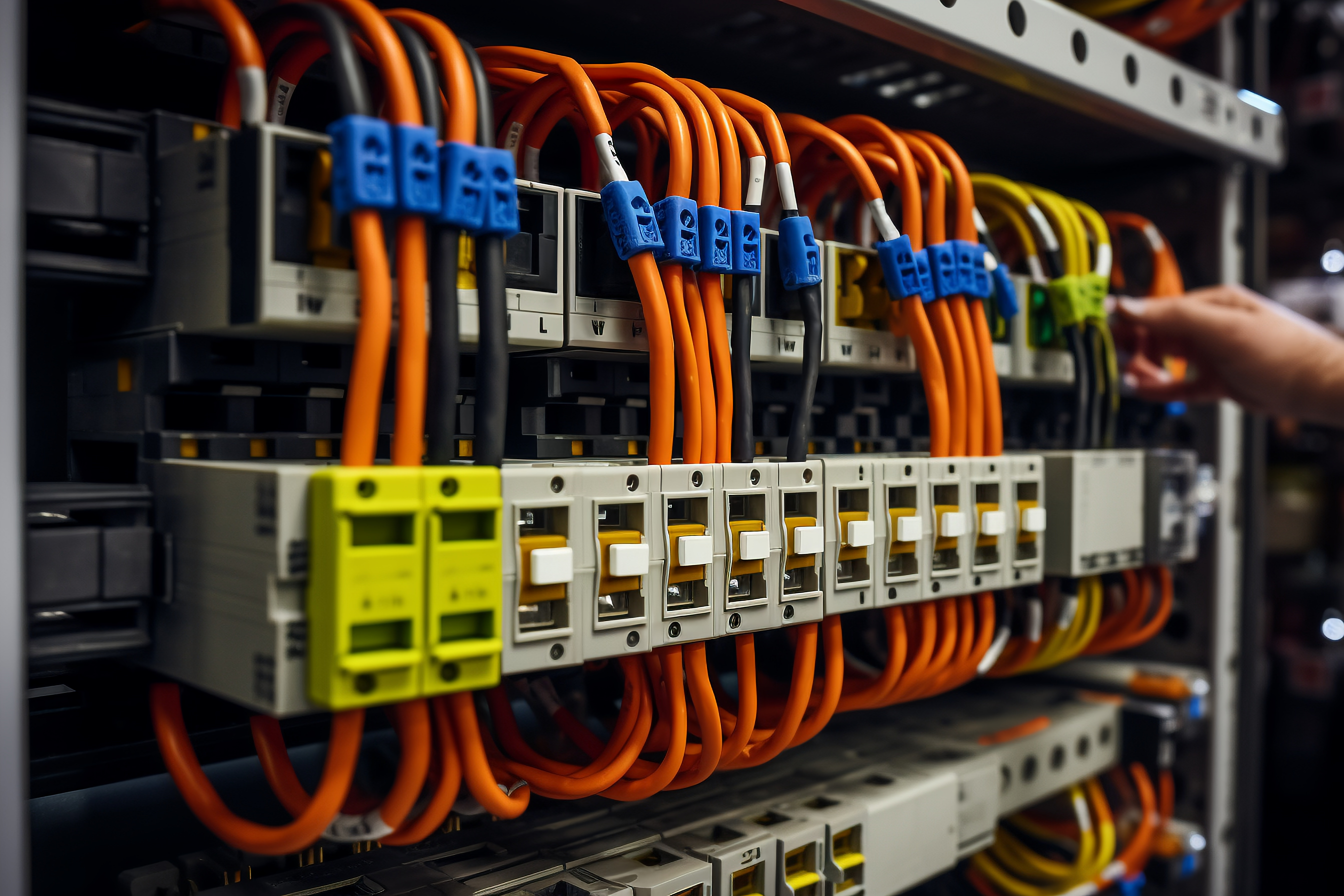Contactor interlocking is an important safety feature in electrical systems that ensures that two contactors cannot close at the same time. This prevents dangerous conditions such as short circuits and overloads, which can lead to equipment damage or even fires. In this blog, we’ll take a closer look at how contactor interlocks work and their importance in electrical systems.
The working principle of contactor interlocking is mechanical interlocking and electrical interlocking. When one contactor closes, the interlocking mechanism physically prevents the other contactor from closing. This ensures that both contactors are not energized at the same time, preventing any potential danger.
An interlocking mechanism usually consists of a set of mechanical levers and cams connected to a contactor. When one contactor closes, the interlocking mechanism physically prevents the other contactor from closing. This ensures that both contactors cannot be energized at the same time, providing a vital safety measure to the electrical system.
In addition to mechanical interlocking, contactor interlocking also utilizes electrical interlocking to further enhance safety. This involves the use of control circuits and interlocking relays to ensure that the contactors cannot close at the same time. When one contactor is energized, an electrical interlock system prevents the other contactor from being energized, providing an additional layer of protection.
Contactor interlocks are commonly used in applications such as motor control circuits, where multiple contactors are used to control the operation of a motor. By ensuring that only one contactor can be closed at a time, an interlocking system prevents multiple contactors from energizing the motor at the same time, thus preventing damaging overloads and potential safety hazards.
In short, contactor interlocking plays a vital role in ensuring the safety and reliability of electrical systems. By utilizing both mechanical and electrical interlocking mechanisms, contactor interlocking prevents contactors from closing simultaneously, thereby reducing the risk of short circuits, overloads and other potential hazards. Understanding how contactor interlocking works is critical to maintaining the safety and integrity of your electrical system.

Post time: Jul-31-2024